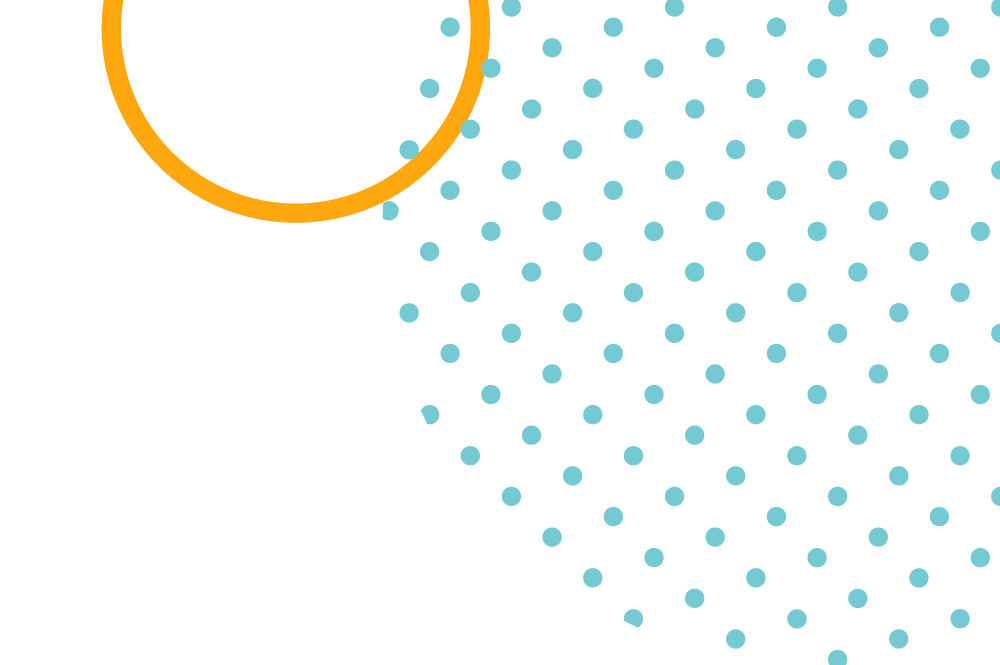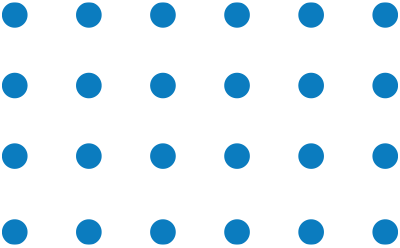Talent Acquisition Specialist vs Recruiter
In the dynamic landscape of talent acquisition, two vital roles stand out – the talent acquisition specialist and the recruiter. While both take a significant place in the hiring process, there are still some things that set them apart. Let’s see what are the similarities and differences between talent acquisition specialist vs recruiter.
Talent Acquisition Specialist vs Recruiter
In the recruitment industry, it’s essential to distinguish between talent acquisition and traditional recruiting roles. While both functions share commonalities, understanding their distinctions is paramount.
Talent acquisition specialists focus on long-term objectives, strategically identifying and securing individuals with specialized skills to meet future organizational needs. They operate within dynamic industries, vying for top-tier talent.
Conversely, recruiters are tasked with swiftly sourcing candidates to fill immediate vacancies. Collaborating closely with hiring managers, they meticulously assess candidate suitability through screening and interviewing processes tailored to specific role requirements.
To put it simply, talent acquisition plans for future hires seeking specialized skills, while recruitment fills immediate job openings with suitable candidates.

Talent acquisition partner vs recruiter – Definition and scope
Talent acquisition encompasses strategic workforce planning for the long term, where they develop tailored strategic aligning with the company’s objectives. These professionals serve as talent ambassadors, effectively communicating employment opportunities and identifying top candidates for each role.
Talent acquisition specialists extend their reach beyond immediate vacancies, forging partnerships with universities, industry networks, and professional organizations to anticipate and secure future talent requirements. Their role demands a comprehensive understanding of both the recruitment industry and the organization’s sector to accurately forecast evolving job positions.
In contrast, as mentioned above, recruiters concentrate on filling current job openings, such as insurance recruiter jobs. They collaborate closely with hiring managers, reviewing resumes and conducting interviews to evaluate if the candidates fit for the respective role. Their focus remains on immediate hiring needs.
Strategic vs tactical approach
Talent acquisition specialist
To create a successful talent acquisition strategy, you should adhere to the following:
- Recruitment marketing – promoting the company’s job opportunities to potential employees using different candidate experience strategies
- Employer branding – brand awareness is ideal to attract high-quality candidates that correspond to the company's mission
- Talent sourcing – talent sourcing can be done through social media, networking events, and professional associations
Recruiter
- Executing day-to-day tasks of the hiring process – the tactical approach consists of sourcing candidates, screening resumes, conducting interviews, and selecting candidates
Both approaches are essential for a successful recruitment process. Yet, strategic planning is needed for long-term success, and a tactical approach focuses on immediate hiring.
Relationship building and networking
Both talent acquisition specialists and recruiters need to be involved in relationship building and networking to make a talent pipeline. This is because networking enables having a wider pool of talent.
Talent acquisition specialists need to build relationships with potential candidates, industry professionals, and educational institutions. When networking with talented people, a talent acquisition specialist can find talents for future job openings.
A recruiter should also network and build relationships with industry professionals and candidates. For instance, recruiters should attend industry events, like conferences, because these are great opportunities for building relationships. Online platforms are excellent for networking.
The opposite of building relationships is employee poaching. This happens when one company recruits an employee from a competing company. This practice increases competition but also raises employees’ salaries and career opportunities.
Collaborating with hiring managers and stakeholders
Talent acquisition specialist
Talent acquisition specialists and hiring managers should collaborate because they have the same goal – finding the best candidates. The guidelines for successful collaboration are as follows:
- Clear communication – talent acquisition specialists and hiring managers should communicate and develop strategies to meet their goal
- Defined roles – while these professionals should collaborate, they need to have clearly defined roles; everyone should focus on their tasks and skills
- Same vision – both parties have to be aware of the company’s long-term goals; sharing the same vision prevents disagreements
Recruiter
By collaborating with hiring managers, recruiters understand what specific skills and qualifications are needed for each role. This collaboration is very important for them to know what to search for.
Finally, talent acquisition specialists, recruiters, and other stakeholders should collaborate to ensure they are on the same page and prevent misunderstandings.

Search for the Best Recruitment Jobs With Afni
After reading this post, you probably have a good idea of the scope, similarities, and differences between talent acquisition specialist vs recruiter. While searching for these positions by yourself might be difficult and confusing, Afni makes the process easier. Knowing what are the tasks and goals of these two recruitment roles is crucial for you to define what suits you best.
In a nutshell, acquisition specialists search for skilled employees to fulfill future positions, while recruiters hire people for open positions. Talent acquisition specialists have long-term goals and a strategic approach. On the other hand, recruiters have a tactic approach and short-term goals.
Building relationships and networking with hiring managers and stakeholders is important for both professions.
So, go ahead, and dive into the recruitment world with Afni.
Author
Samantha Byard is the Recruitment Marketing Manager for Afni and brings a wealth of knowledge and tips for job seekers. She holds a bachelor's degree in public relations and marketing from Mount Saint Vincent University as well as a masters degree in digital marketing and advertising from Liberty University.





